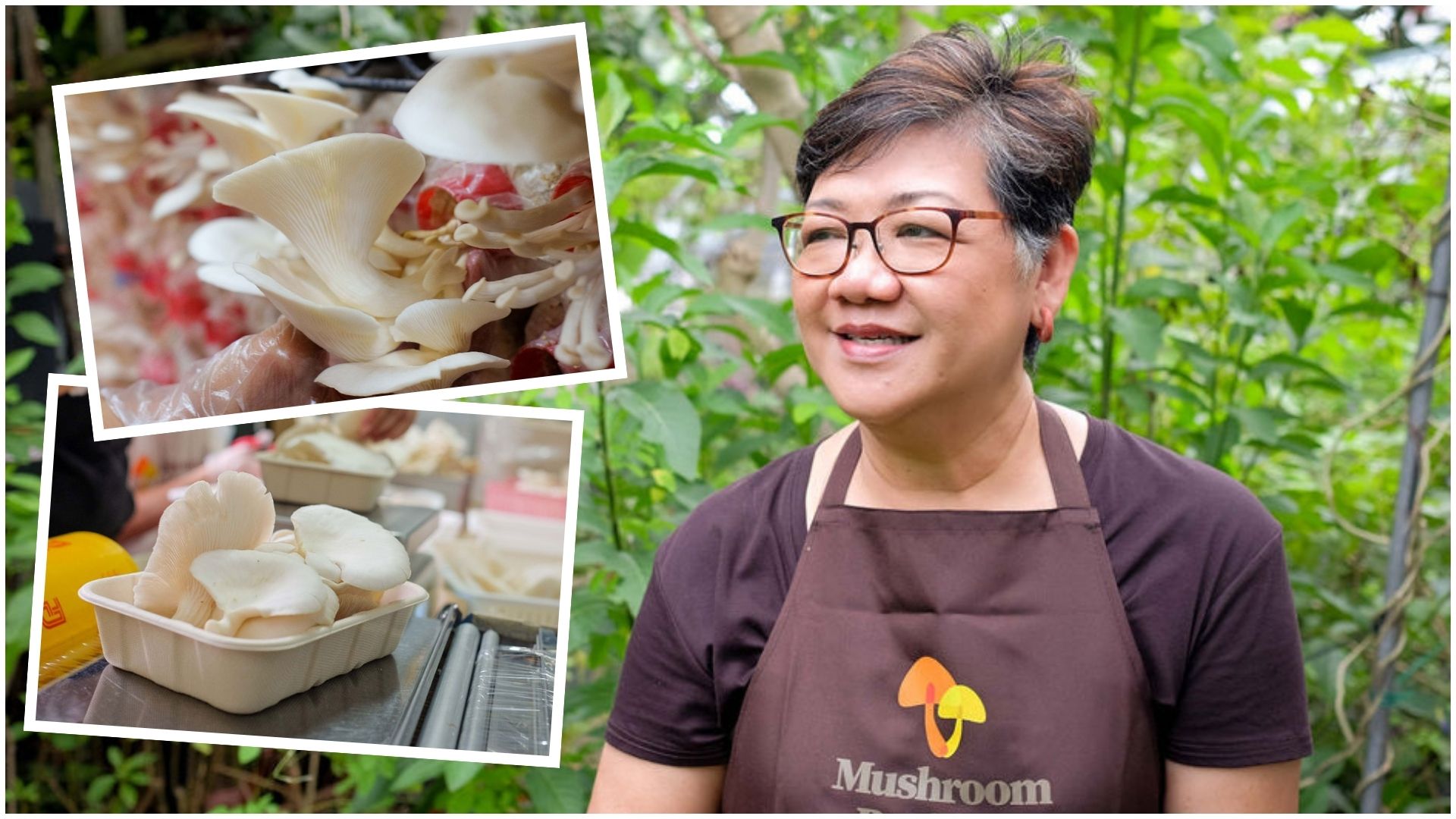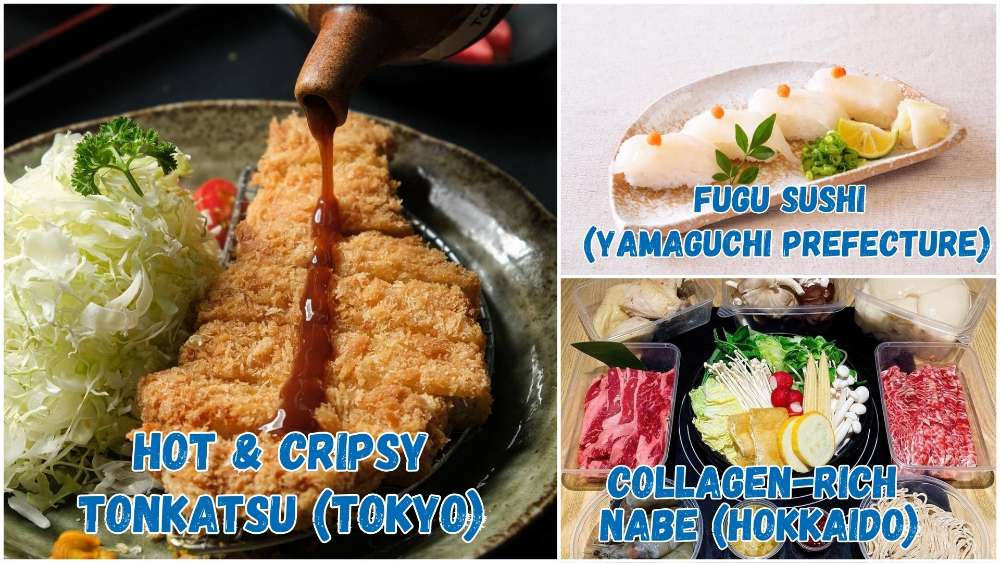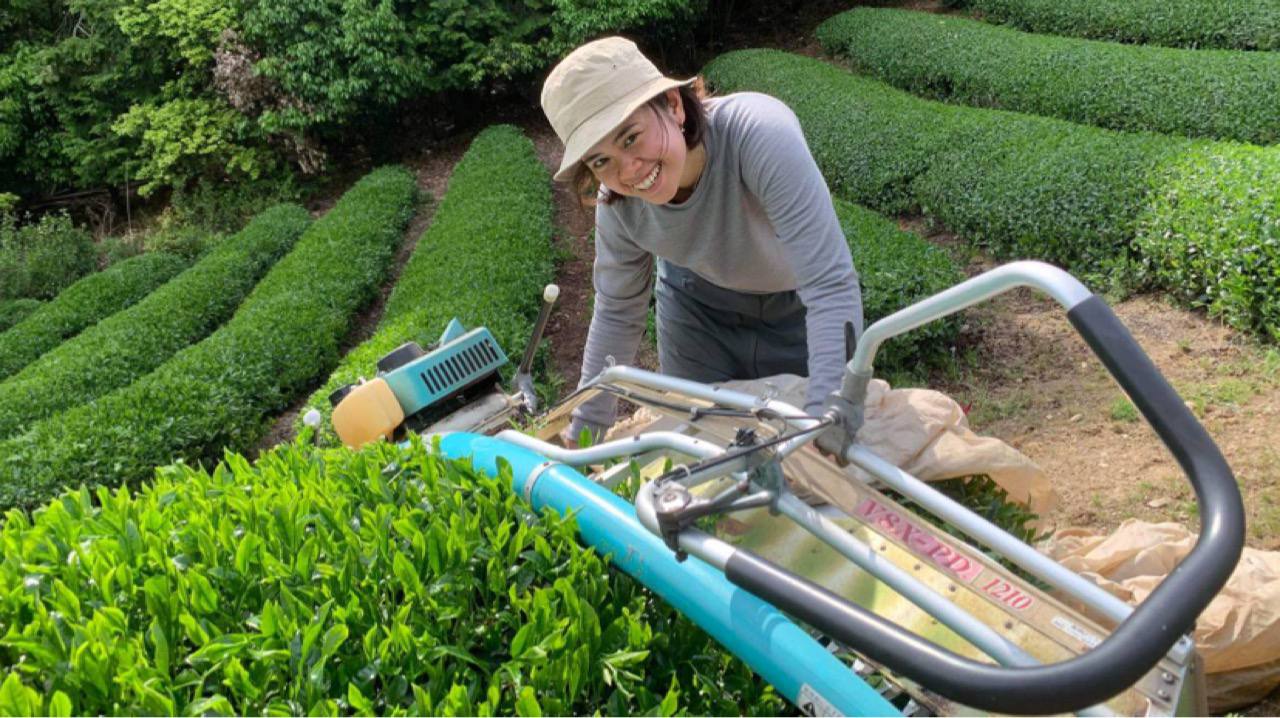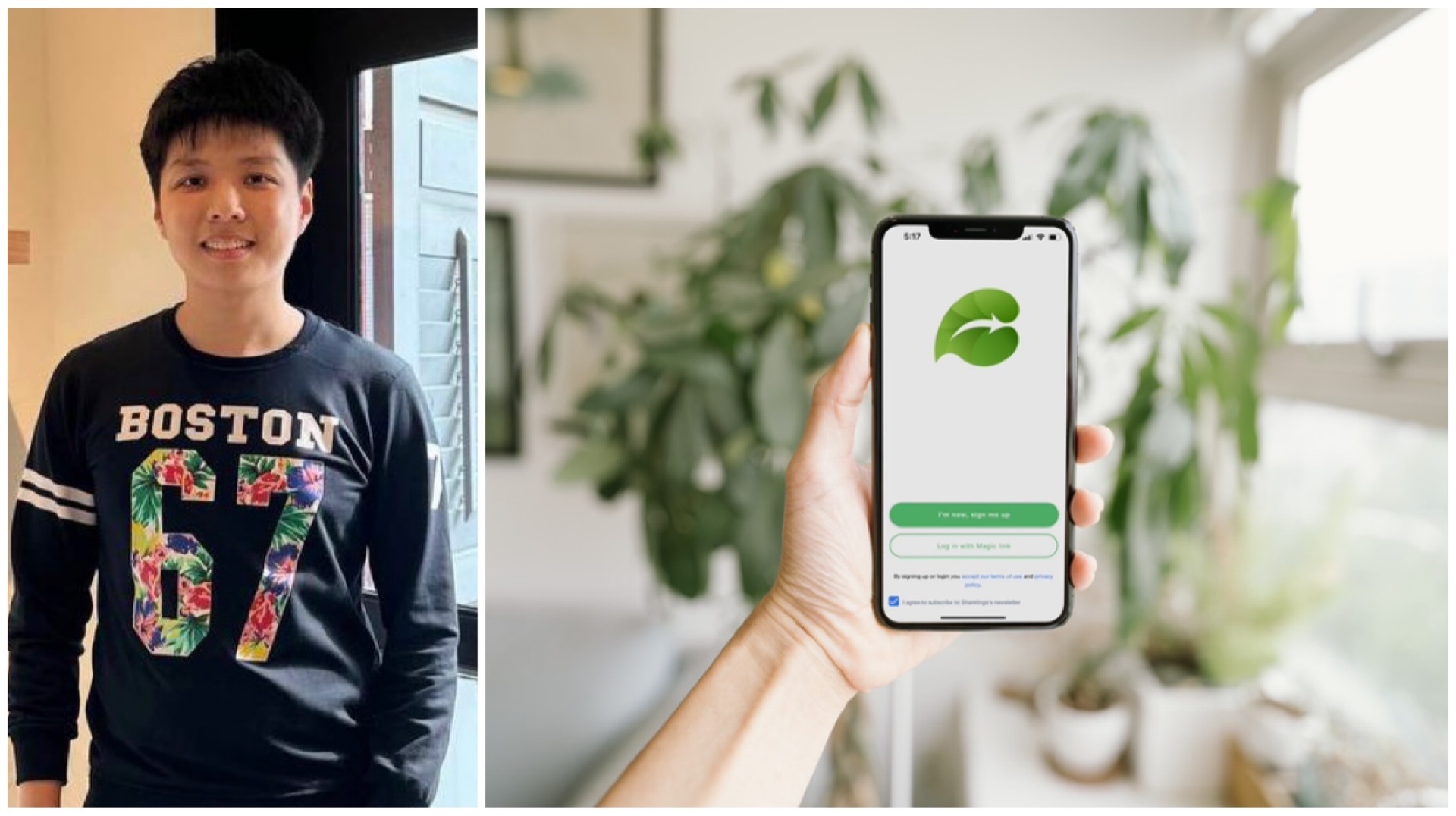She Spills The (Green) Tea On Being A Farmer In Japan
Most Singaporeans might entertain the thought of moving or working overseas to experience a new culture and lifestyle, but how many of us would actually have the courage to do it?
Ryhan Mohd Yazid, however, had no qualms uprooting her life in Singapore to satiate her wanderlust. The 29-year-old left her corporate job in 2019 to work at a green tea farm, D-matcha Kyoto, located in Kyoto Prefecture.
We were classmates in Singapore Polytechnic, and I remember her as a spunky individual who marched to the beat of her own drum. When we reconnected over social media recently, I was surprised to find out about her newfound agricultural calling. This lady is the true definition of #YOLO.
So, why farming? Before she left her job at D-matcha Kyoto in the past week to pursue a Masters degree at Kyoto University's Graduate School of Agriculture, I had a long-overdue catch-up a couple of weeks ago with Ryhan, who happily spilled the tea on life in Japan and what she misses the most about Singapore.
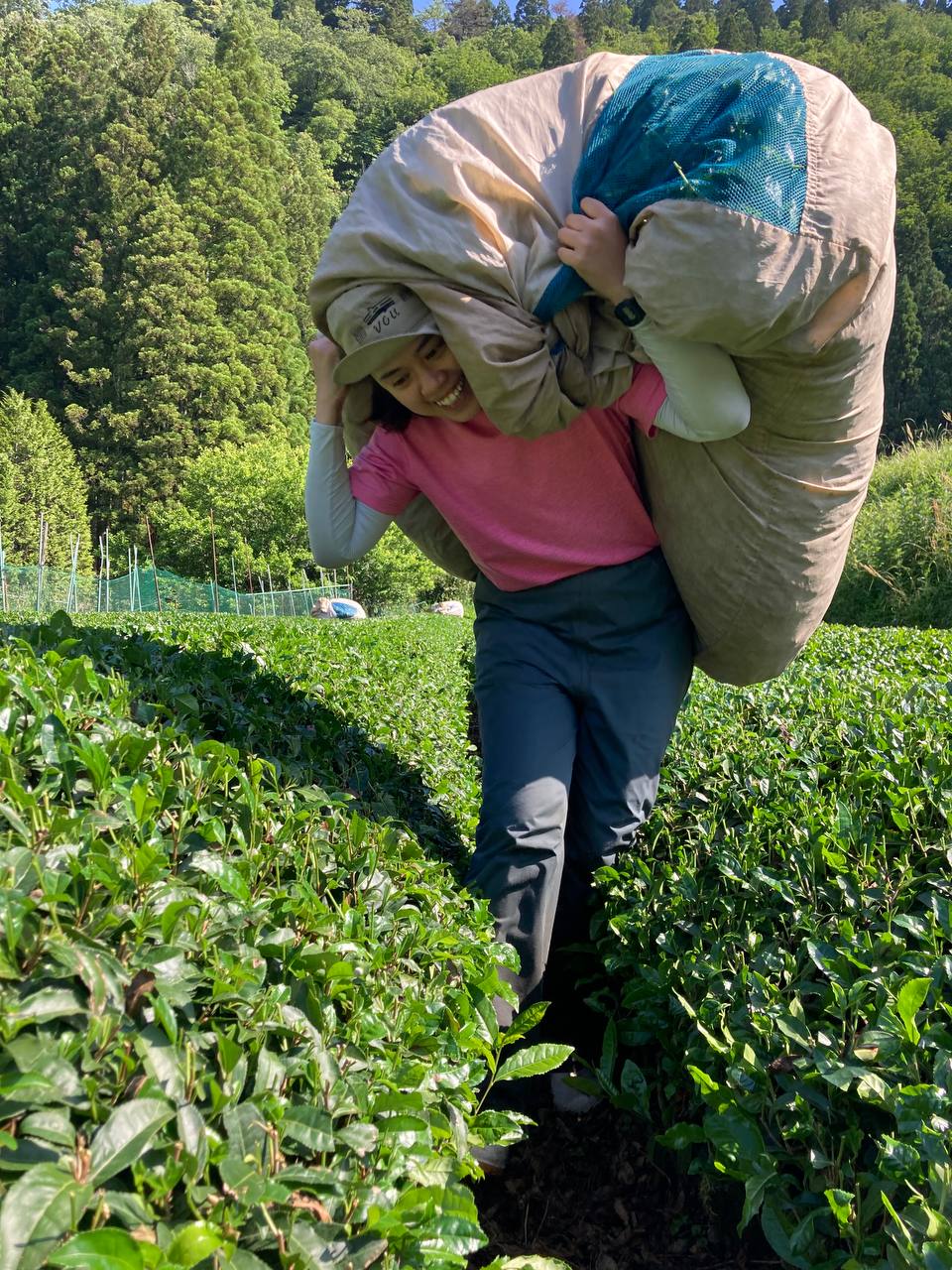
Farming is such an interesting and unexpected career choice. What do you like most about your job and what are the biggest challenges?
I think I've always enjoyed farming - it's something I've always wanted to do as a retirement plan! My previous job was as a research analyst back in Singapore, working on the use of technology in agriculture within countries in Asia Pacific.
But then I figured, what's the point of telling farmers how to use technology when I don't even know how to farm. So, that's when I quit my job and left for Japan - initially for a three-month stint.
I worked at different farms to get extra experience. The biggest challenge, I think, is that I wasn't trained for this at all - like, zero background on farming, other than house-farming with plants.
Taking up a job overseas takes a lot of courage. What made you decide to uproot your life in Singapore and seek this role?
When I did the three months of farming from July to October in 2019, I met my boss when I was still a volunteer. He then offered me the job. So, I uprooted my life in December. And then the pandemic happened.
I stayed on because I felt I still had a lot to learn in terms of farming life in Japan - and I genuinely enjoyed the job. The unexpected part was that farming to make a living can be a bit tedious. It's like when you love something, but you have to make a living out of it - feels a bit like you're selling your soul, but you gotta do what you gotta do to make ends meet.
Tell us about your job and what you do on a day-to-day basis?
I work as a Japanese green tea farmer in Wazuka-cho, which is located in the south of Kyoto Prefecture, bordering Nara Prefecture. The company is called D-matcha Kyoto - we produce tea, and from that, we produce other products such as confectioneries and coffee.
We also conduct tours, both in-person and online. Recently we've made cosmetics as well. We're trying to venture into different aspects of how tea can be applied, to make it more interesting, especially for the younger market.
On a day-to-day basis, aside from farming, I manage the international market - basically everything, sai kang warrior! I manage the website, shipping, international marketing and even product development.
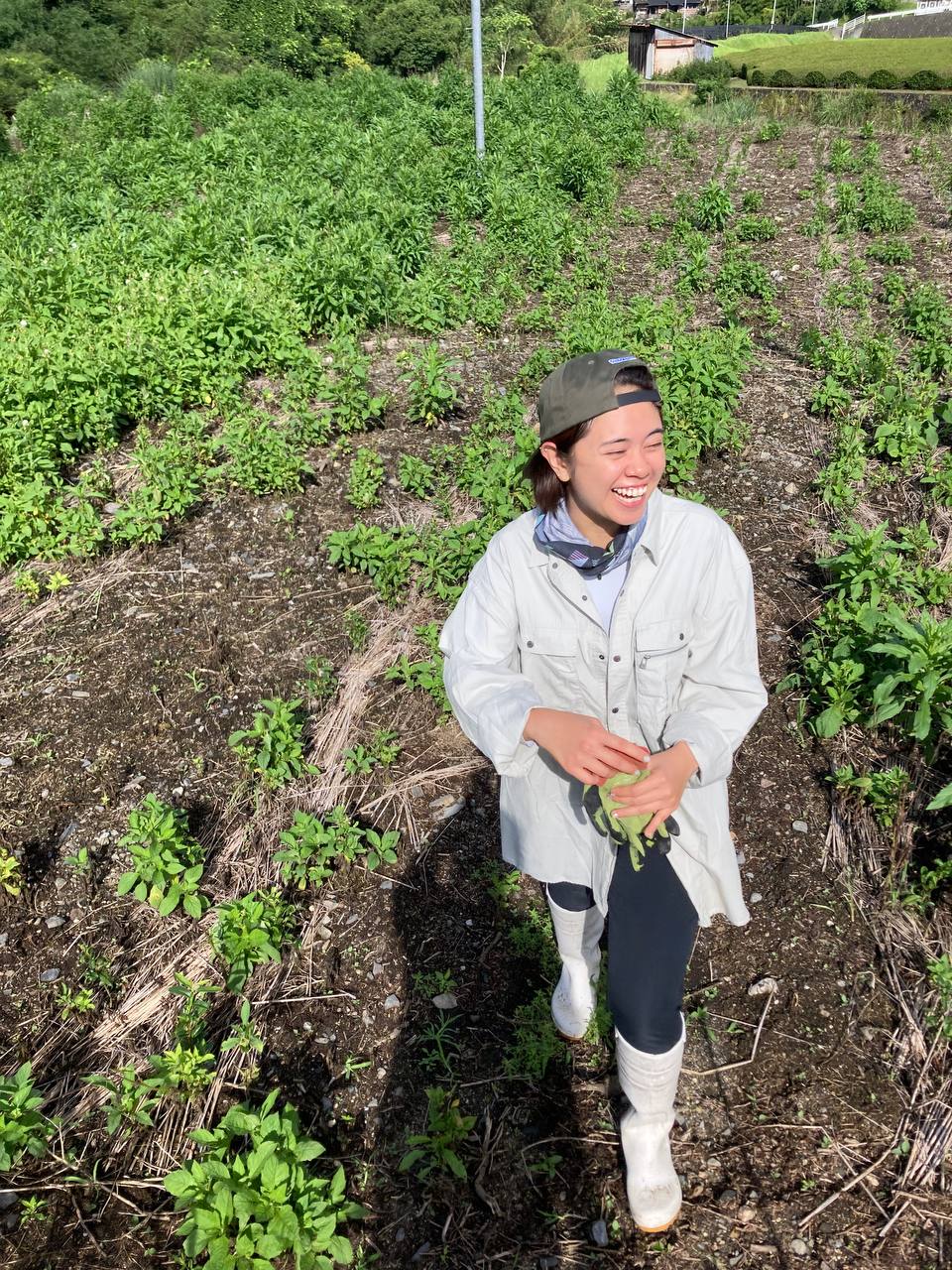
Tell us more about your company’s Adopt-A-Tree project and how are you involved with it.
That idea came from the pandemic. We used to have a lot of in-person tours; a lot of customers overseas would come down, and we could actually show them the tea trees and offer tea-tasting.
I was trying to come up with ways to keep our customers connected. We had also kind of transitioned towards organic farming to raise awareness that just because something is farmed organically, it doesn't mean that it can't be delicious.
We were also in the process of replanting new tea trees. So, customers could actually watch the tea trees grow from the start, and see them as a living thing.
The tea trees will be adopted in name, so I hand-make emas (small wooden plaques made for Japanese Shinto shrines) for all the adoptees, and then each year, we try to create a new product for them.
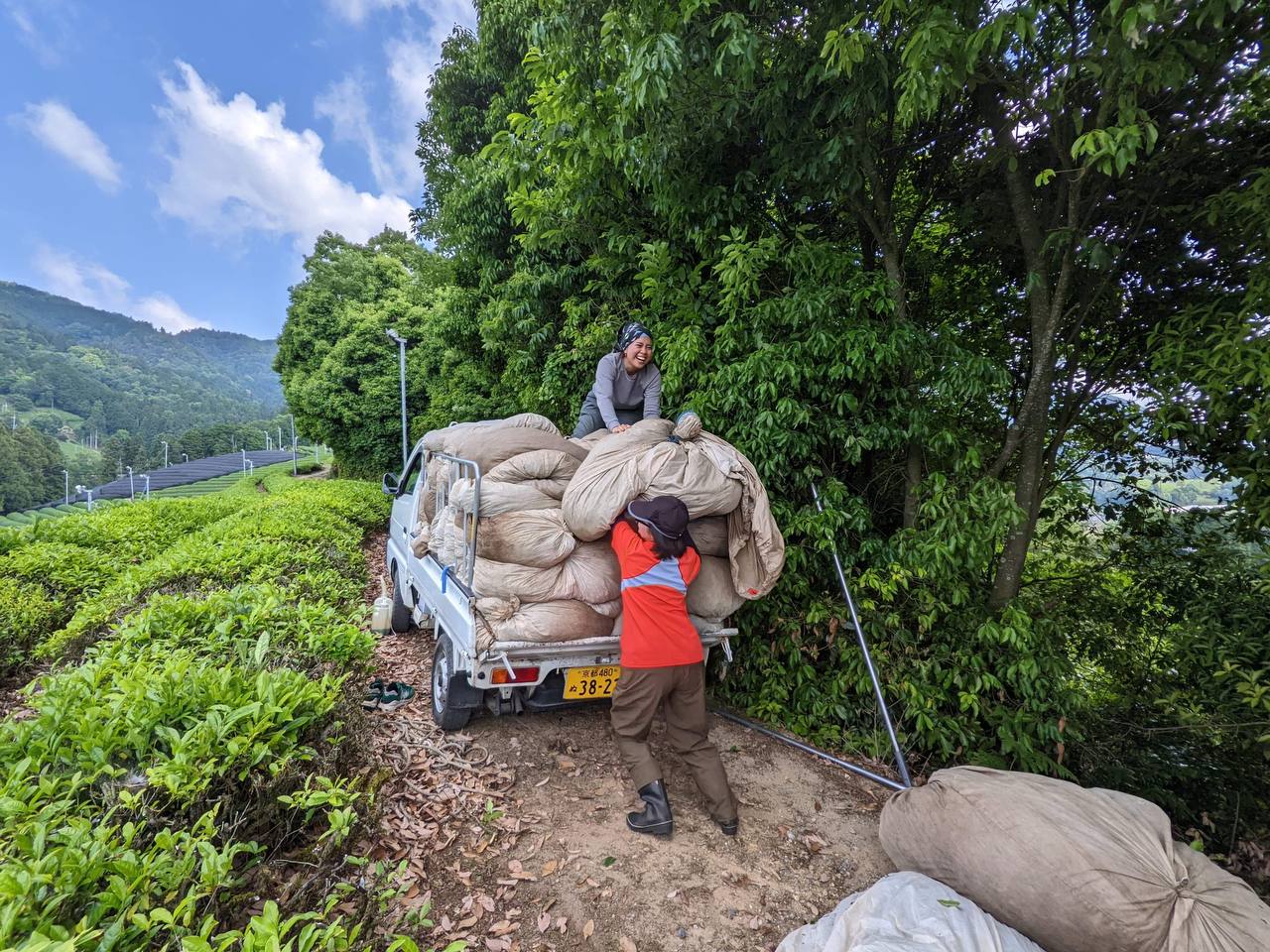
How is life in Japan? Was it hard for you to acclimate to the culture? What are some of the biggest observations you’ve made from working with Japanese colleagues.
It wasn't that bad because I've lived overseas before. I used to live in Indonesia and worked in coral conservation. During that stint, I was working in the rural countryside of Flores, which is near Bali.
I think in any Asian culture, I wouldn't say there's a hierarchy, but there are unspoken procedures that you have to go through to get what you want. Also, old people in Japan are very healthy. It's crazy, man. You have 90-year-olds harvesting one ton of tea a day, and I'm just like, wtf? What you all eat, sia? They are freaking strong, much stronger than me, I think. It's insane!
There's also the language. Especially in the countryside, they only speak Japanese. That was a big hurdle. I actually did learn the language and spent about half a year trying to study it when I was in Singapore, but that was more of an interest rather than part of my preparation to move. But speaking Japanese here and learning Japanese back in Singapore are two different ball games altogether.
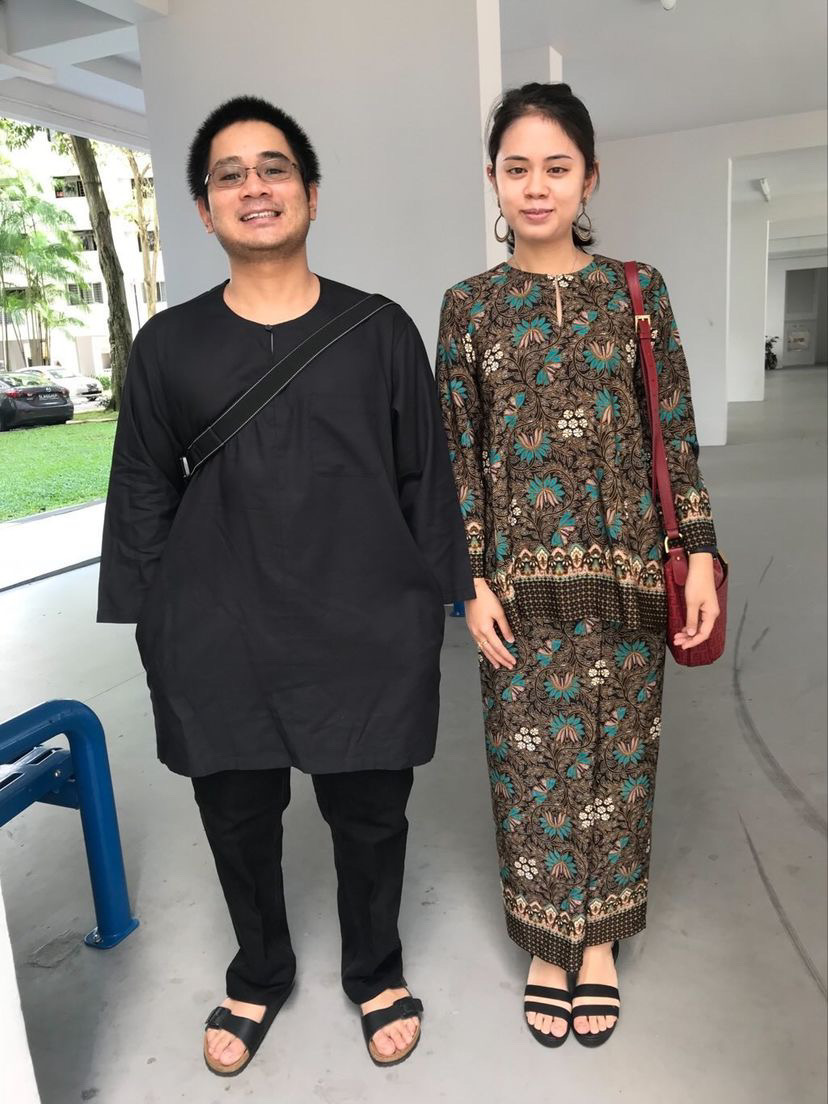
What do you miss most about Singapore and home?
Oh wow, I actually had a really big cry today at home because I realised how much I wanted to go home. It's been almost three years. Okay lah, one year I can still tahan. Two years, okay. But then three years is just too long man.
Yeah, I miss my family, friends, the food, speaking Singlish. Wah, I missed so many things: My friends got married. My cat passed away. Two of my friends gave birth. You miss all these milestones, but, at the same time, I've kind of reached the point where I've created a life for myself here. I think when I go back to Singapore, I'll miss the life here as well. I'll feel a bit torn.
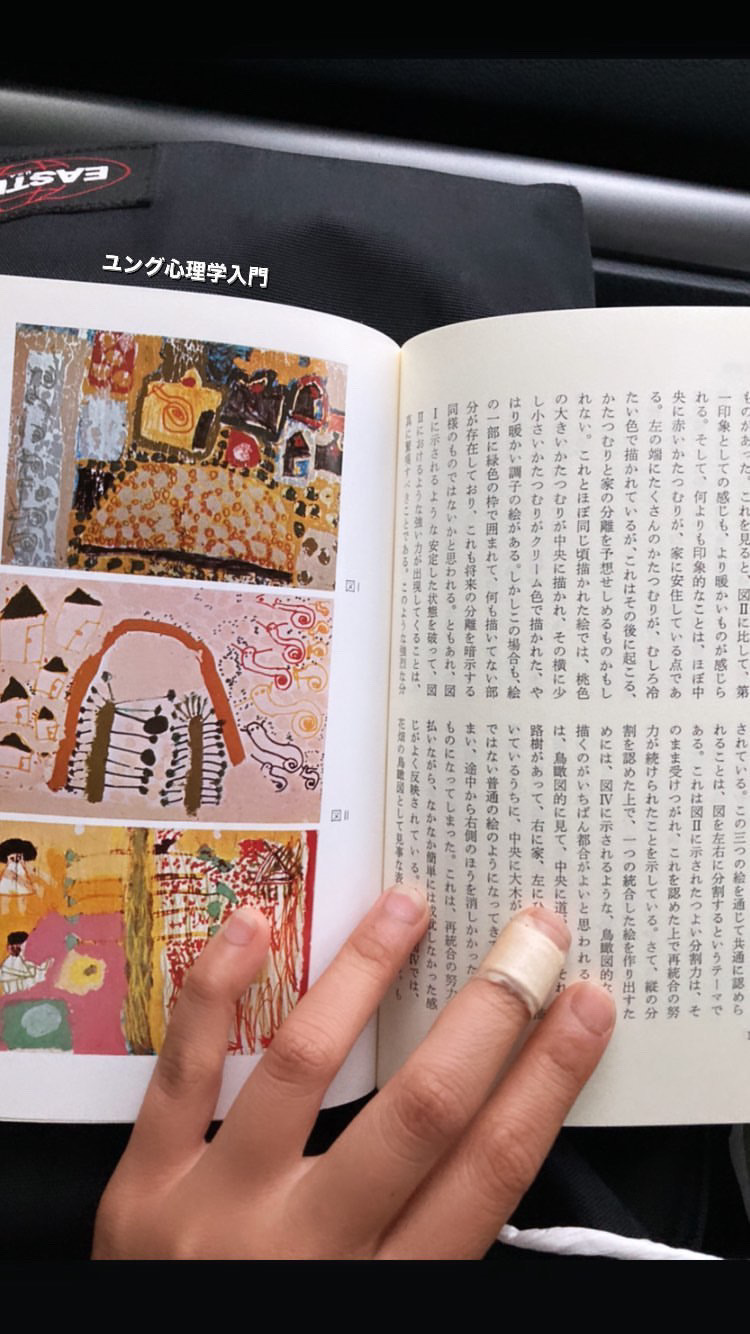
We also understand that you’re pursuing your Masters. What are you studying and how does your work help you with it?
The inspiration behind my Masters came when I wrote and translated a book on Japanese green tea. I also designed the book, and used my own photos.
When I was doing that, I realised that, okay, I really wanted to go back to school and study more about farming and agriculture. So I reached out to one of my former interviewees and he recommended me to Kyoto University's professors. I applied and it so happened that my current professors knew my boss. That's also another thing about Japan, it's very word of mouth.
My research thesis is on the social and technical limitations of using technology in craft heritage production in Japan.
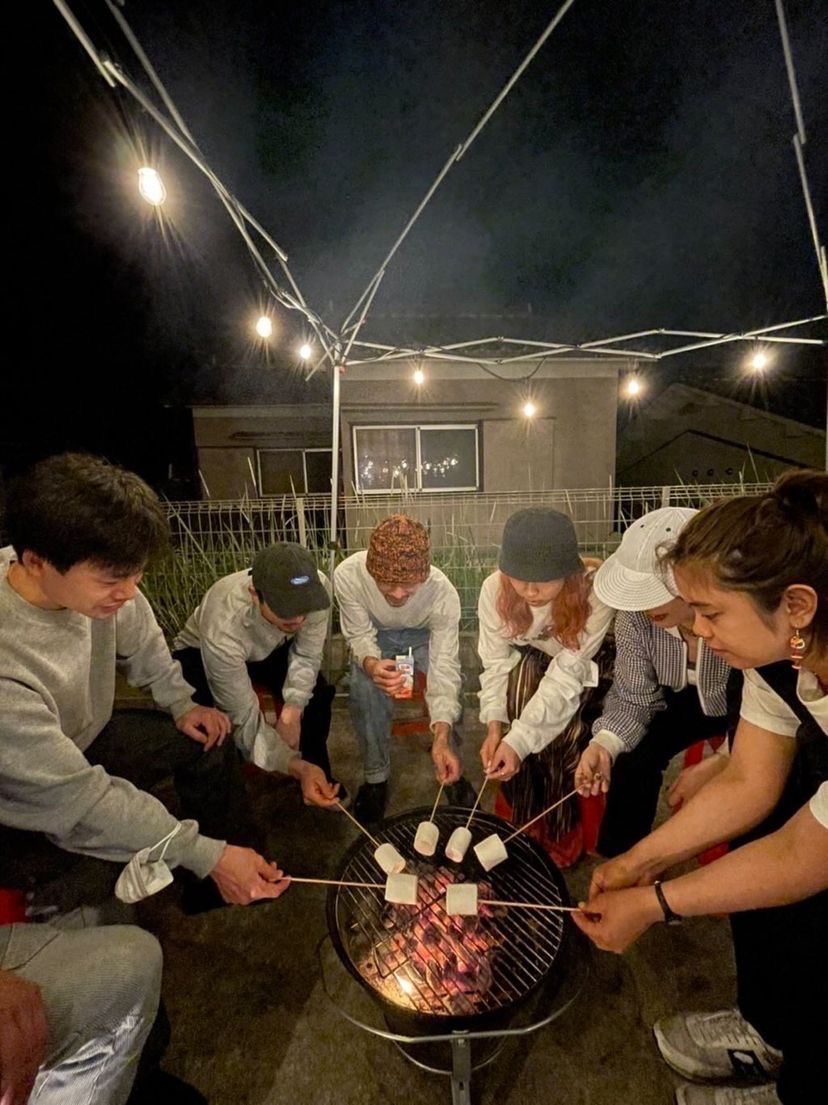
Any advice for Singaporeans who are considering careers overseas?
Get your paperwork done. That is the most important thing, especially in Japan because it's so tedious. There were moments when it was just so frustrating moving to Japan - everything was in Japanese and I didn't understand what was going on. So many times I just wanted to explode sia. But just persevere through those small, hard times and ride it out - in the long run, it gets better.
Go out by yourself and make friends. That's what I did. I got very lucky because the community kind of just adopted me. (It's probably not the same for everyone.) When I came here, everyone just took me in. So now, when we're traveling together outside of Nara, they'll just be like, "Oh, we're all from Nara". It's reached that point of closeness, which I'm grateful for, but it takes a lot of effort. You won't be friends with someone immediately. Just don't have an ego!
For a more in-depth look at Ryhan's works, click here.
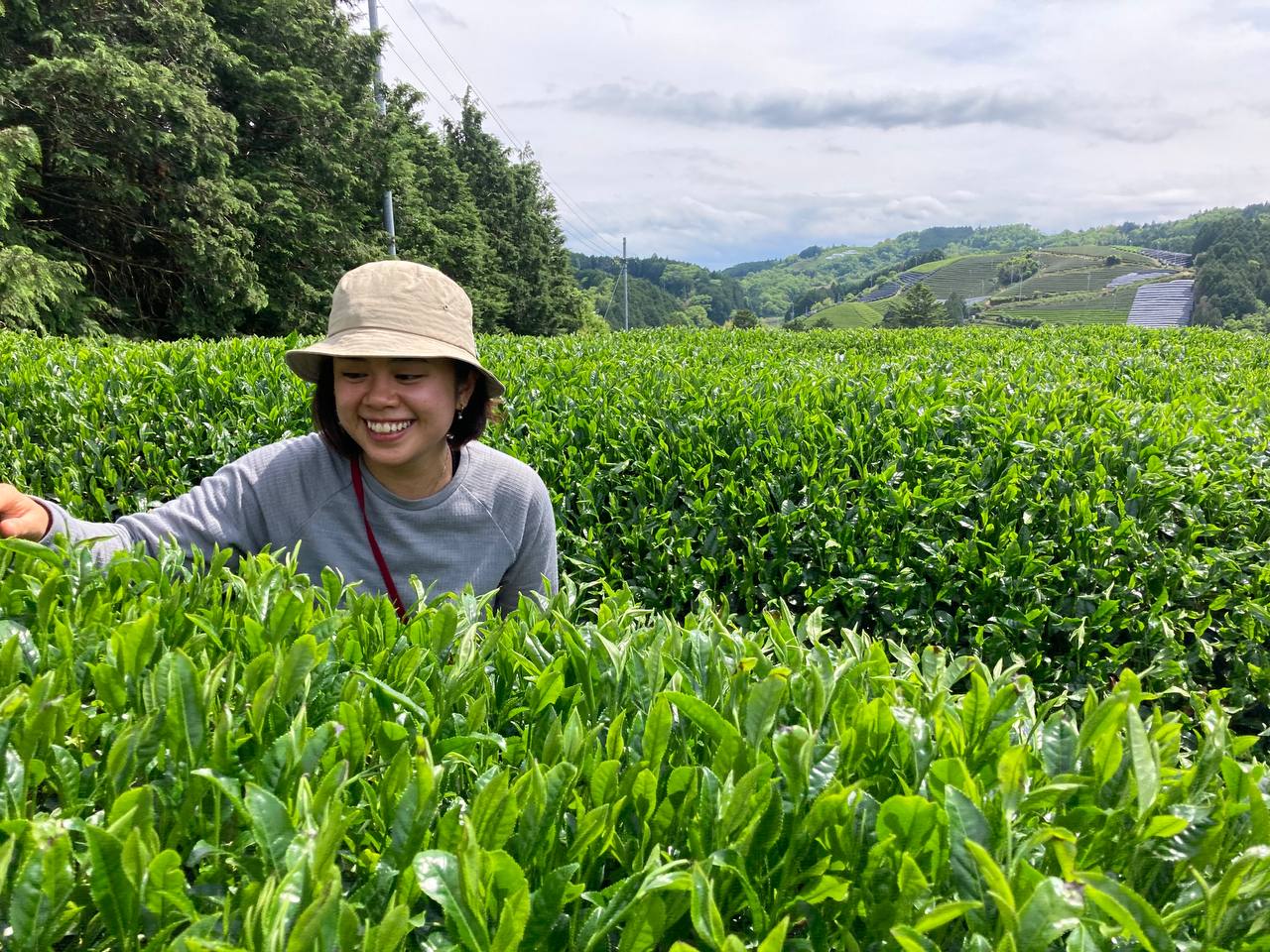
For the latest updates on Wonderwall.sg, be sure to follow us on Facebook, Instagram and Telegram. If you have a story idea for us, email us at [email protected].
